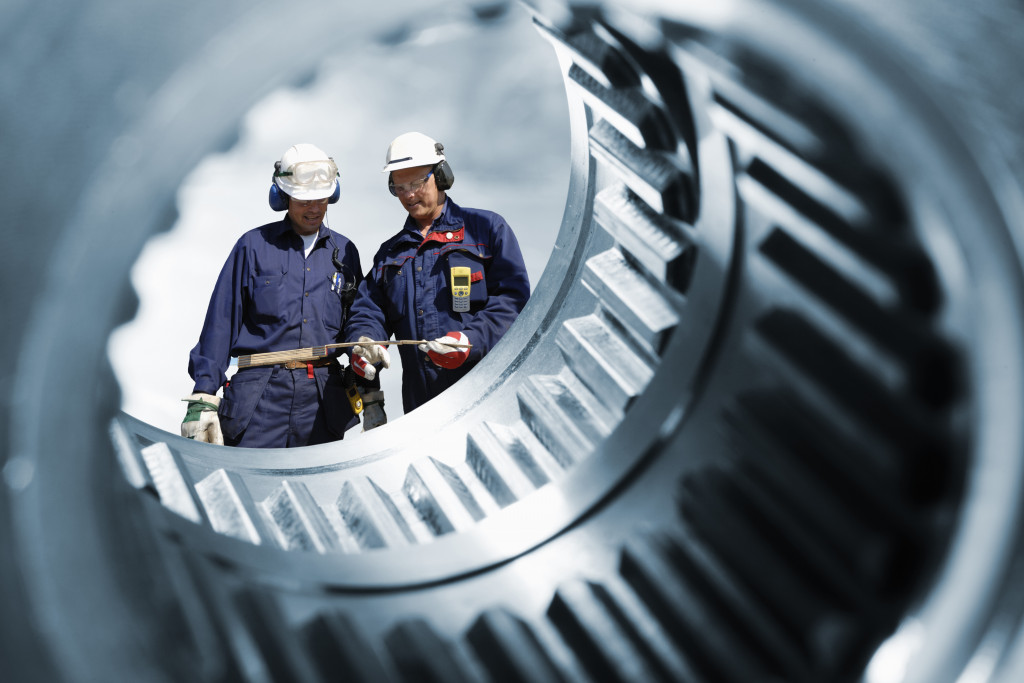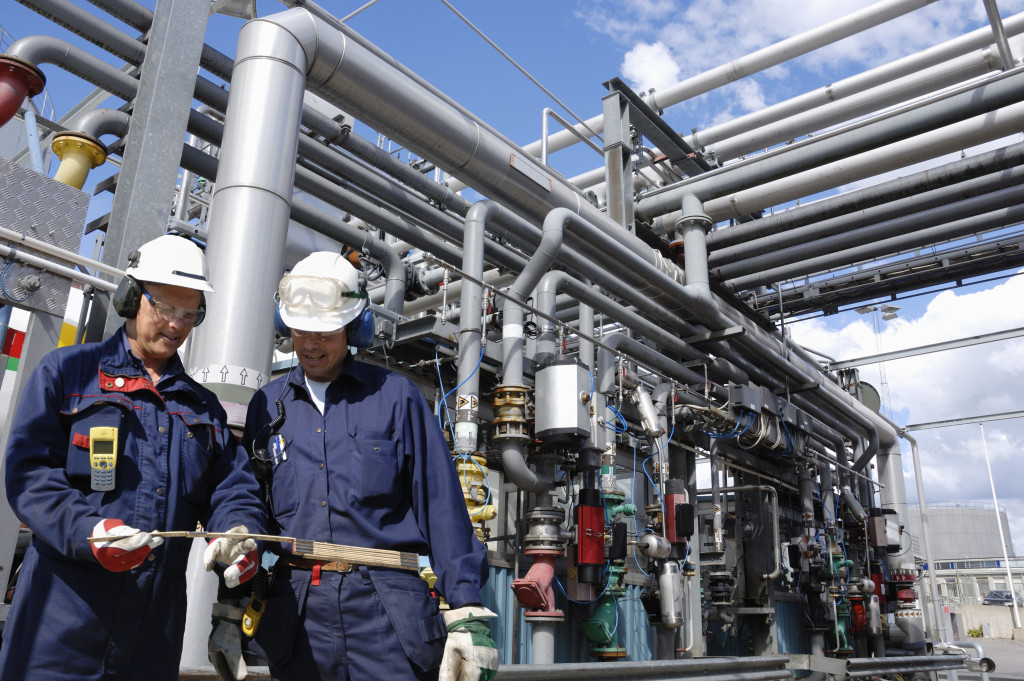Preventive maintenance is performed before the breakdown of a system component. Keeping equipment in good condition requires regular maintenance. It’s a necessary step that helps you save money from extensive repairs due to equipment and machinery shutting down or malfunctioning. It also enables you to optimize your company’s resources by ensuring that equipment lasts a long time and performs in its best shape. It even helps make sure that your workers and workplace are safe and secure. Perform preventive maintenance to keep your facilities and equipment healthy.
Pre-check List
A strategic facility plan ensures that your facilities meet criteria such as current efficiency, quality, uptime, and more, and then tracks everything in your facility to identify all the parts that need preventive maintenance. Manufacturers profit by developing preventive maintenance standards and requirements, which save both time and money. While detailed preventive maintenance processes and procedures are requested, be careful with your checklist since you must make everyone aware of your processes and procedures.
Take Care of Your Machines
Regular servicing, inspections, and repairs are all examples of machine maintenance. Additionally, it involves the repair or adjustment of worn, broken, or misaligned components. Machine maintenance can be performed either before or after a breakdown. Here are some things you should consider:
- Inspect the equipment before and after each shift to remove obstacles, such as debris.
- Regularly cleaning the machine’s surfaces will ensure that any accumulated oil, dirt, and other loose material is removed.
- Regularly inspecting the sharpness of your instruments is generally a good idea.
- Inspect worn or damaged tools.
- Regular checks of all equipment fluid and air filter levels and any required replacements should be made.
- Calibration of equipment must be performed regularly.
Simple Routines to Keep Your Equipment Healthy
For belts to stay durable, they must be examined for degradation. Don’t forget that calibration and programming should be checked for gantry machines. This is an excellent move to uncover organizational inefficiencies. Meanwhile, inventory should be cleaned at least once a day, but belts and other equipment that comes into close contact with materials and products should be cleaned every shift. Get your motors and other power sources inspected and serviced at least twice a year.
To prevent unexpected downtime, it is essential to maintain your systems. Prevent the need for costly repairs because of carelessness. No project will be finished on time or budget if the equipment has to be shut down for any length of time.
Examine the Rest of Your Facility
Facility management allows a more cost-effective working procedure inside the organization. Business efficiency is increased as a result of this measure. According to industrial laws, it assists in the management of health and safety needs. It extends the useful life of a company’s assets by increasing their durability, too.
Every year, inspect structural building components to make sure they’re in good shape. Damage to these parts causes your capital investments and inventory to plummet, resulting in exponentially increasing losses. There should be comprehensive system checks and repairs to keep everything in proper working order at least once a year.
Ensure that cables are secured well. Also, ensure compliance with local laws by checking your fire detector twice a year. And don’t forget to check your roof to be sure it’s in good condition. You’ll have to invest in a reliable weld cleaner as part of your post-care for repairs done on the facility.
Ensure sufficient distance between the machines. Be sure to highlight the safety and warning zones to reassure the users of devices, especially your workers and associates.
Take extra care to remove the trash, litter, or flammable materials from the pathways and entrances. Regularly check stairway and walkway handrails. An assessment of external risks such as parking facilities should be made.
In summary, keeping your warehouse or factory clean and organized will result in improved production and higher employee morale, as well as ensure that your company complies with all current health and safety regulations. Maintenance management is a critical component of a well-running manufacturing operation.
You can guarantee optimum efficiency in the production process. Proper maintenance assists businesses in saving their resources. Industrial maintenance is critical for asset-intensive companies because it results in safety, energy efficiency, regulatory compliance, and warranty coverage.



